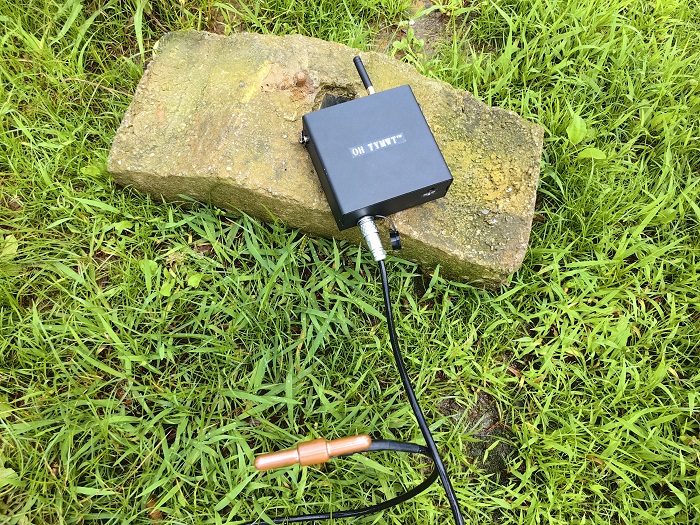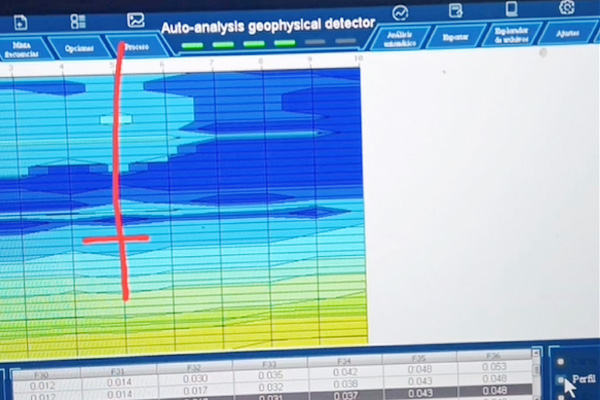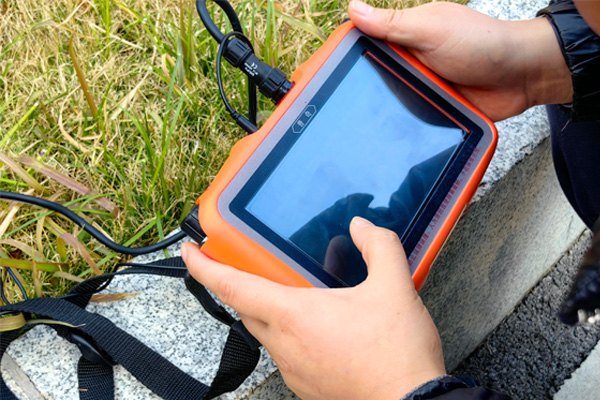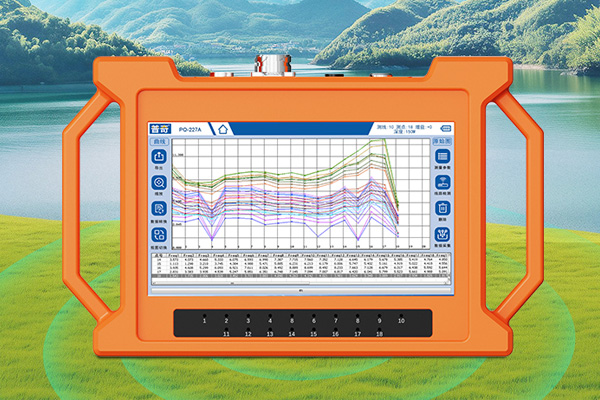In today's world, with population growth and accelerated industrialization, the demand for water resources is constantly increasing, while freshwater resources are facing the risk of depletion. Therefore, finding new groundwater resources has become one of the key ways to solve this problem. High precision ground water detectors have emerged, which not only effectively improve the detection efficiency of groundwater resources, but also significantly enhance the accuracy and reliability of detection, providing strong technical support for the sustainable development of human society.

Technical principles
High precision ground water detectors are mainly based on physical methods, especially electrical exploration techniques. It uses natural electric fields or artificially emitted electromagnetic waves to identify and locate groundwater sources by measuring changes in the resistivity of underground media. When electromagnetic waves pass through formations of different properties, the propagation speed and intensity of the waves will change accordingly due to the different conductivity properties of the materials in each layer. By analyzing these changes, detectors can construct images of underground structures and accurately locate water sources.
Main features
1. High precision: Advanced signal processing algorithms are used to more accurately analyze underground information, improving the resolution and accuracy of detection.
2. Multifunctionality: Not limited to searching for groundwater, it can also be used in multiple fields such as geological disaster prevention and mineral resource exploration.
3. Portable and easy to use: Designed lightweight, easy to carry, user-friendly interface, suitable for operators of different levels.
4. Strong environmental adaptability: able to work normally under various terrain and geological conditions, without being limited by weather conditions.
5. Anti interference capability: It has strong anti-interference function and can maintain stable performance even in complex environments.
Application Fields
-Agricultural irrigation: providing stable and reliable water sources for farmland, promoting the improvement of agricultural production efficiency.
-Urban water supply: Help urban planners discover new water sources and ensure the safety of residents' daily water supply.
-Industrial production: Finding suitable water sources for industrial enterprises to reduce production costs.
-Environmental protection: Monitor groundwater pollution and provide data support for environmental governance.
-Disaster warning: Predicting the occurrence of geological disasters, reducing casualties and economic losses.
PQWT water detectors Products Recommended
PQWT-GT500A ground water detector
PQWT-M100 ground water detector
PQWT-S300 ground water detector
Development Trends
With the advancement of technology, future high-precision ground water detectors will develop towards a more intelligent and integrated direction. The application of advanced technologies such as artificial intelligence and big data will further enhance the functionality and practicality of detectors, enabling them to play a greater role in groundwater resource management and environmental protection. Meanwhile, with the increasing global awareness of water resource management, the application scope and market demand for high-precision ground water detectors will continue to expand.
In short, high-precision ground water detectors are a product of the combination of modern technology and environmental protection concepts. They not only represent technological innovation, but also reflect the wisdom of humanity in facing resource challenges. With the deepening of research and continuous improvement of technology, it is believed that high-precision ground water detectors will play a more important role in ensuring global water resource security and promoting sustainable economic and social development.








